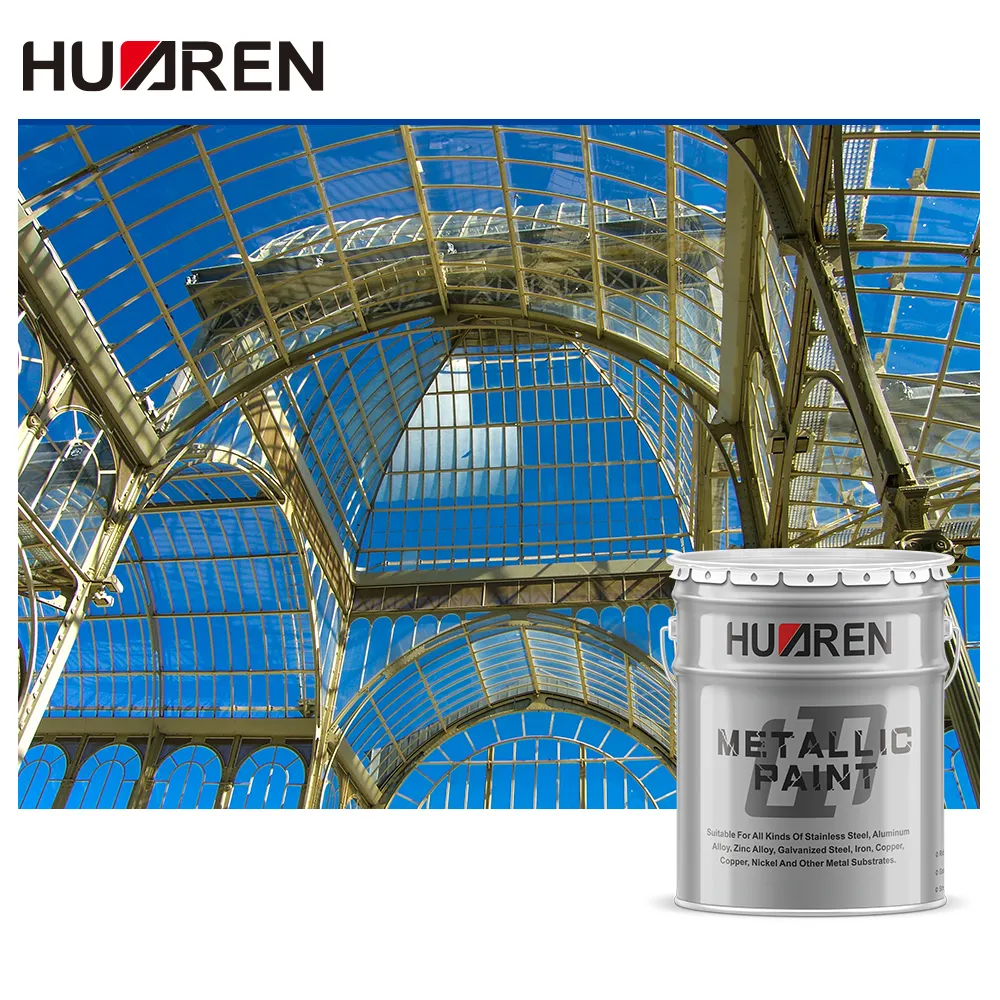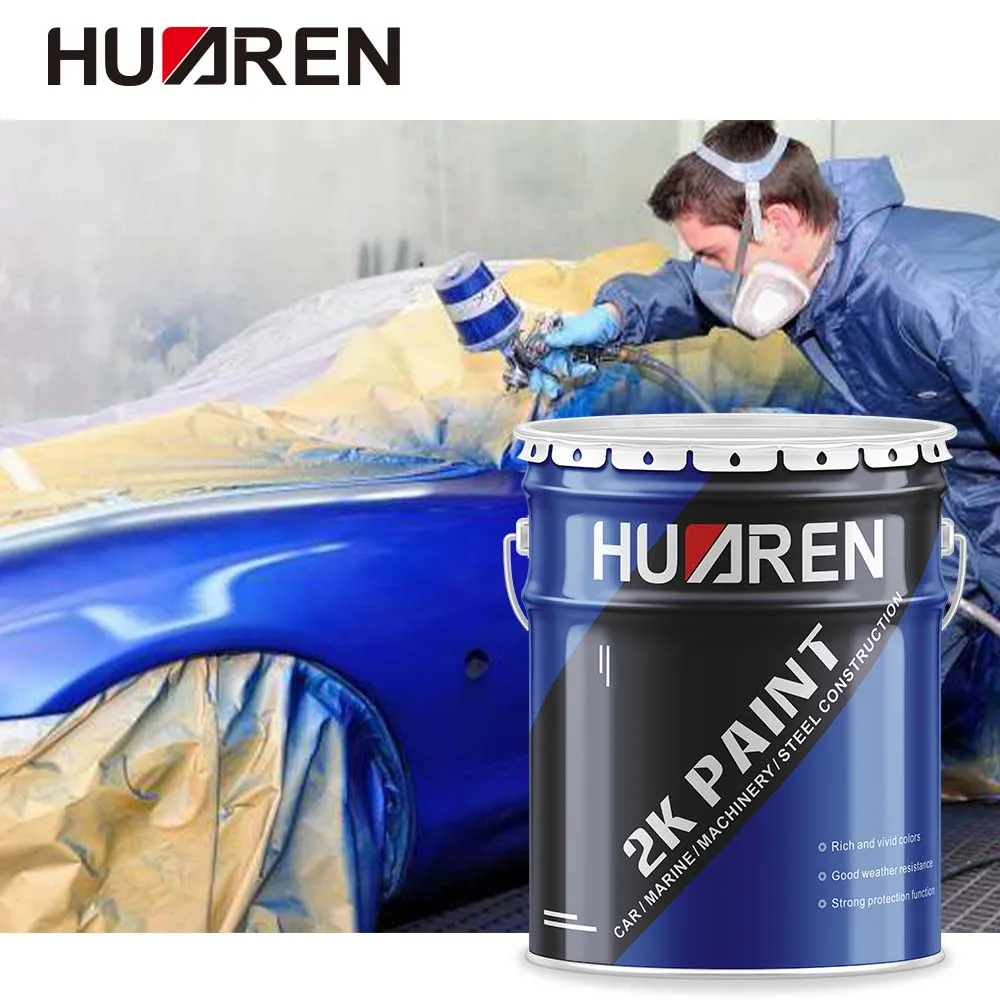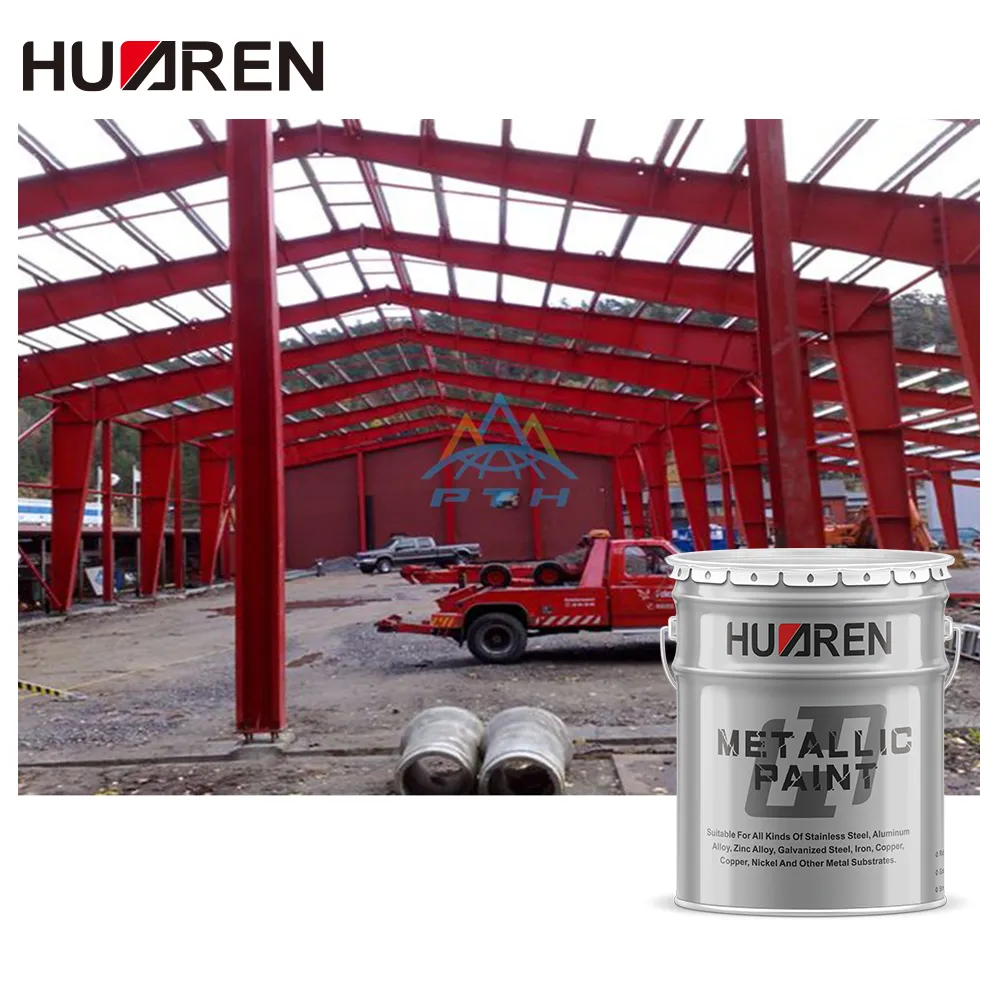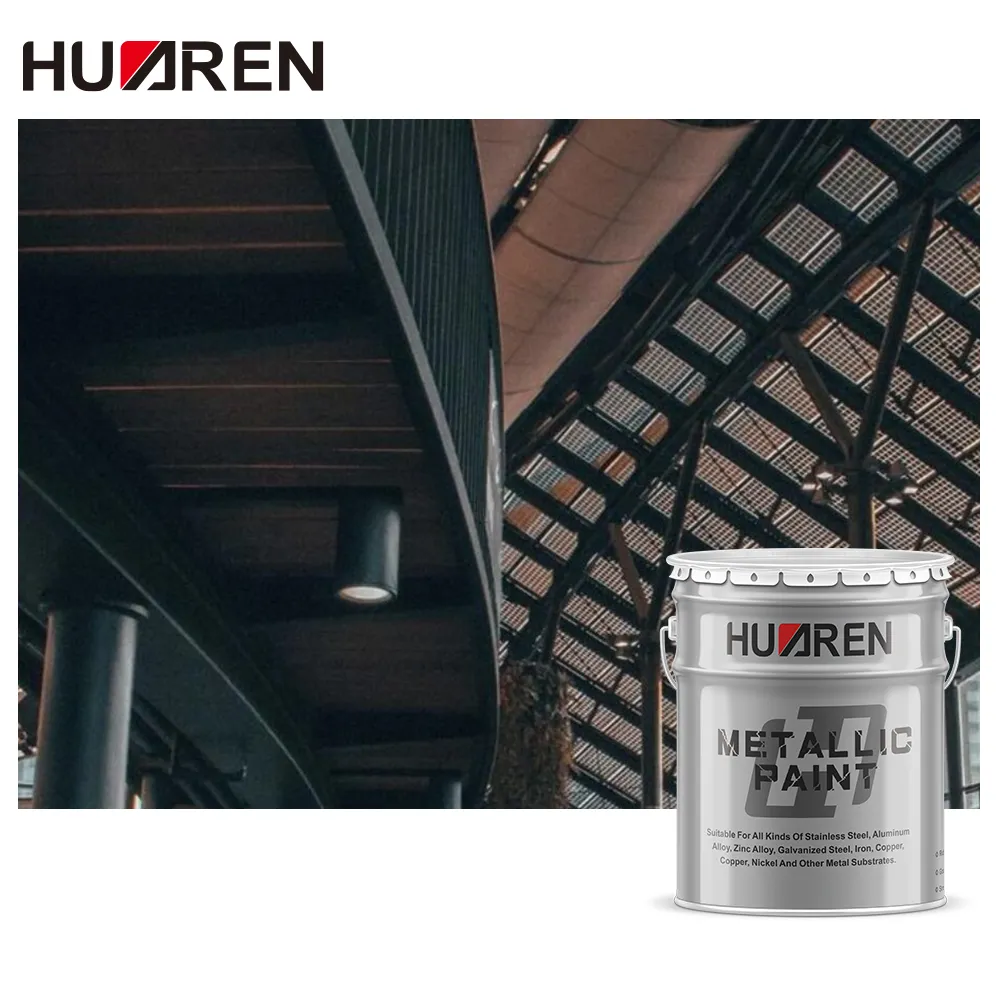In architectural and industrial coatings, the choice of primer is crucial because it directly affects the overall performance and durability of the coating system. The main function of the primer is to provide good adhesion, corrosion resistance, and protection of the substrate. Among the many types of primers, polyurethane primers and epoxy primers are the two most commonly used choices.
This article will analyze in detail the characteristics, advantages and disadvantages of these two primers, as well as their performance in different application scenarios to help you make a better choice.

What is a polyurethane primer?
Polyurethane primer is a coating based on polyurethane resin, which is widely used due to its excellent mechanical properties and fast curing time. It is usually used on surfaces that require high gloss, wear resistance and chemical corrosion, such as automobiles, aviation equipment, building exteriors, etc.
What are the characteristics of polyurethane primers?
The curing time of polyurethane primers is usually faster, which means that the next coating operation or put into use can be carried out in a shorter time after construction. This is undoubtedly a more ideal choice for those time-sensitive projects. Secondly, polyurethane primer has excellent chemical resistance and can resist the erosion of various solvents, greases, and acidic and alkaline substances. At the same time, its wear resistance is also quite good, suitable for surfaces that are prone to mechanical friction, such as garage floors, industrial floors, and airport runways.
In addition, polyurethane primer has good gloss retention, which makes it particularly suitable for coating systems with high requirements for appearance, such as automotive coating and building exterior wall coating. It can provide a smooth and flat surface effect, which increases the beauty of the coating. Polyurethane primer can be applied at lower temperatures, which allows it to maintain good performance even in cold climates. This feature is particularly important for some northern regions or winter construction projects.
Although polyurethane primer has a wide range of application scenarios, its moisture resistance is not as good as epoxy primer. Therefore, the substrate must be completely dry before construction to ensure a good combination of primer and substrate. Different manufacturers may have specific requirements for the humidity of the substrate, so it is very important to read the product instructions carefully before construction.

What is epoxy primer?
Epoxy primer is mainly composed of epoxy resin and is known for its excellent corrosion resistance, adhesion and mechanical strength. It is often used in places where long-term protection and durability are required, such as marine engineering, chemical plants, storage tanks, etc.
What are the characteristics of epoxy primer?
The moisture resistance of epoxy primer is extremely excellent, making it the first choice in the field of anti-corrosion. It can effectively resist moisture erosion in a humid environment and prevent the substrate from rusting or corroding. Therefore, epoxy primer is widely used in engineering projects such as ships, bridges and underground pipelines that are exposed to moisture for a long time. Secondly, epoxy primer has very strong adhesion and can adhere firmly to a variety of substrates such as metal, concrete, and wood. This strong bonding ability ensures the stability and durability of the coating, and its protective properties can be maintained for a long time even in harsh environments.
In addition, epoxy primer has excellent resistance to a variety of chemicals, including acids, alkalis, greases and solvents. This makes it widely used in places such as chemical plants, storage tanks, and laboratories that are often exposed to corrosive substances. Compared with polyurethane primers, epoxy primers have higher temperature requirements for the construction environment. It usually needs to be constructed under higher temperature conditions to ensure that the primer is fully cured and adhered. Therefore, epoxy primer application may require additional environmental control in winter or cold climates.
In addition, epoxy primers have a relatively long curing time, which means a longer waiting time between coats. This can be a disadvantage if the project is under tight timelines. In addition, the ambient humidity and temperature during the curing process also have a greater impact on the curing effect of epoxy primers.

Polyurethane Primer Vs. Epoxy Primer: Which is Better?
The key to deciding whether to choose polyurethane primer or epoxy primer lies in the specific application environment and the requirements for coating performance. Here is a comparison of the two in several key aspects:
Moisture Resistance
In terms of moisture resistance, epoxy primers are significantly better than polyurethane primers. Epoxy primers can effectively prevent moisture from penetrating into the substrate, providing long-lasting anti-corrosion protection. In contrast, polyurethane primers have weaker moisture resistance, so the substrate must be completely dry before application to avoid gaps or peeling between the coating and the substrate.
Curing Time
Polyurethane primers have a significantly faster curing time than epoxy primers, which makes them more advantageous in time-sensitive projects. Fast curing means that subsequent construction or commissioning can be carried out faster without long waiting times.
Application temperature
Polyurethane primers can maintain good construction performance at lower temperatures, so they are more convenient for construction in cold climates. Epoxy primers require higher temperatures to fully cure, which may require additional heating equipment in cold climates.
Chemical resistance
Both have excellent chemical resistance, but epoxy primers have slightly better chemical resistance, especially when dealing with corrosive chemicals such as strong acids and alkalis. Therefore, epoxy primers are a more ideal choice in high chemical risk environments such as chemical plants and laboratories.
Adhesion
Epoxy primers have stronger adhesion than polyurethane primers, especially on smooth or porous substrates such as metal and concrete. It can penetrate deeply into the micropores of the substrate to form a stronger bond, thereby enhancing the overall durability of the coating.
Aesthetics
Polyurethane primers have obvious advantages in aesthetics. It has high gloss and a smooth and flat coating surface, which is suitable for occasions that require visual effects, such as automobiles, aviation equipment and building exteriors. Epoxy primers are usually used in more functional applications, so the requirements for aesthetics are relatively low.

Conclusion
In general, polyurethane primers and epoxy primers each have their own unique advantages and applicable scenarios. When choosing a primer, you need to weigh the specific application environment and the requirements for coating performance:
● If your project involves applications that require high corrosion resistance and waterproofing, such as ships, bridges, storage tanks, or underground pipelines, epoxy primers are a more ideal choice. Its moisture resistance, chemical resistance, and strong adhesion enable it to provide long-term protection in extreme environments.
● If your project requires fast curing, construction at lower temperatures, and high requirements for aesthetics, such as automotive painting, building exteriors, or industrial floors, polyurethane primers may be a better choice. Its fast curing time and high gloss enable it to meet applications that require high construction efficiency and visual effects.
Ultimately, the choice of primer should be based on a comprehensive consideration of specific environmental conditions and project needs. Understanding the characteristics and limitations of polyurethane primers and epoxy primers can achieve the best results in actual use.

